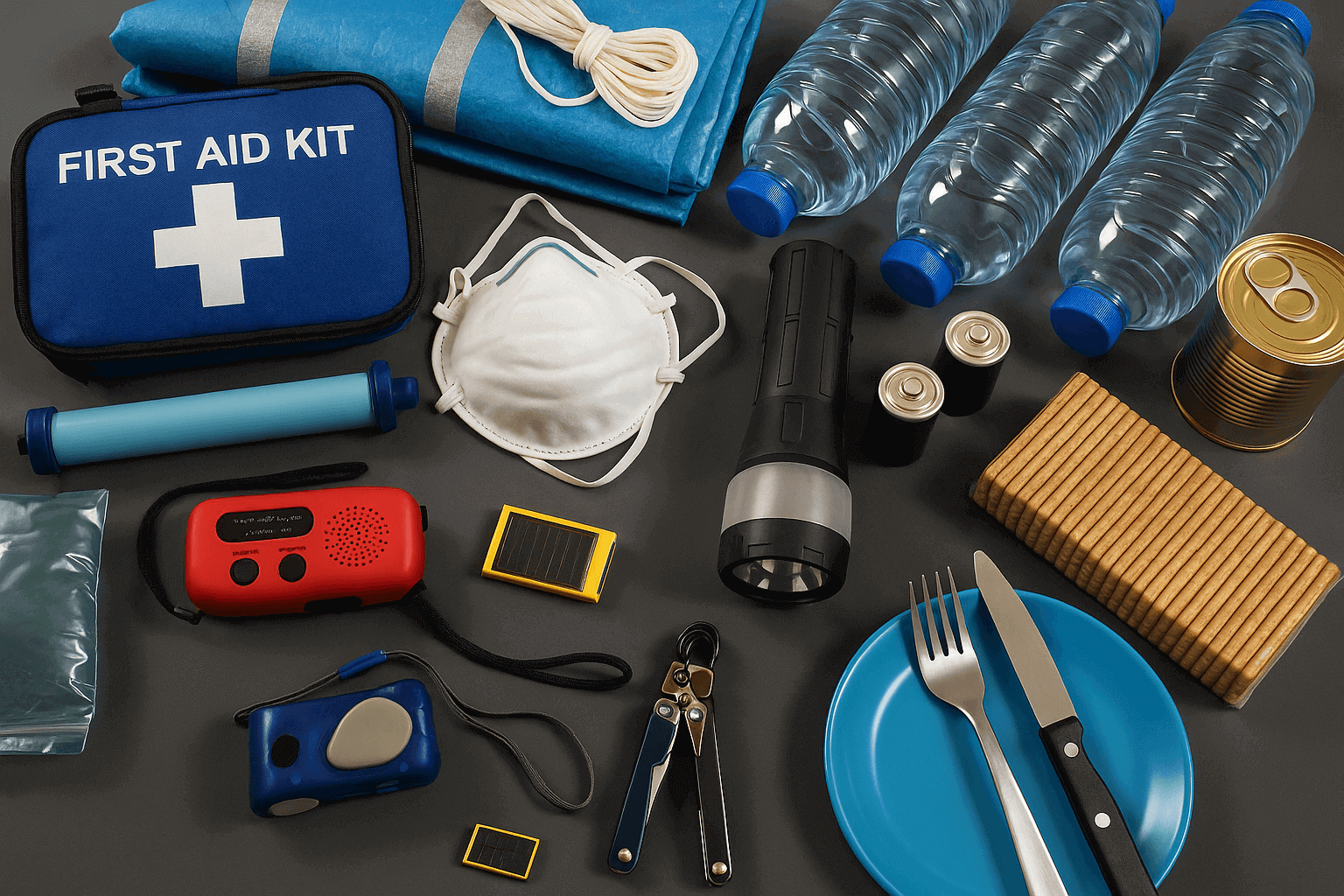In today's world, things can change fast. Knowing how to act when a crisis hits is more important than ever. Getting an emergency preparedness certification gives you the skills to handle anything-from natural disasters to medical emergencies.
More and more communities and organizations are focusing on safety, and having this certification shows you're ready to step up and make a difference when it matters most.
Let's explore how this certification can not only boost your confidence but also prepare you to handle the unexpected.
Understanding Emergency Preparedness Certification
Emergency preparedness certification offers training to help people reduce risks and respond well in emergencies. The certification covers many topics, like disaster planning, assessing risks, and clear communication. With these skills, certified individuals can handle tough situations with confidence.
Key Courses for Certification
Several organizations offer emergency preparedness certification programs. Key courses that are often included include:
- Emergency Management Fundamentals
- Disaster Response and Recovery
- Crisis Communication
- Risk Assessment and Management
- Basic Life Support
Among these, Basic Life Support often includes essential CPR and first aid certifications. This is an important part of emergency preparedness because it equips individuals with the skills to aid immediately in medical emergencies.
Skills Developed through Certification
Getting your emergency preparedness certification helps you improve key skills needed to handle a crisis well. These include:
Risk Management
You will learn about different types of emergencies and how to identify potential risks. This helps you prepare for what might happen and reduce the impact. Understanding risks is key to staying safe and taking the right actions when needed.
Decision Making
In a crisis, quick decisions are often needed. This training helps you remain calm and make sound choices, even when circumstances become chaotic. You'll be able to think clearly and act fast when it matters most.
Coordination and Collaboration
You'll learn how to work well with others, including emergency services and volunteers. Being able to team up and share tasks can make a big difference in a crisis. This skill helps everyone stay organized and focused on solving problems together.
Communication
Clear communication is critical in an emergency. This training helps you deliver important information in a way others can understand quickly. Effective communication can save lives and ensure everything runs smoothly during a crisis.
How Certification Helps You in a Crisis
Obtaining certification in emergency preparedness is highly valuable, particularly in a crisis. Here are some ways it can improve how you respond:
- Increased confidence in handling emergencies.
- Improved response times.
- Networking opportunities
Many employers look for people with emergency preparedness certification. It can assist you in securing employment in fields such as healthcare or disaster management.
Next Steps Towards Certification
To get emergency preparedness certification, start by looking for programs from trusted organizations. Select the one that aligns with your career goals and needs.
Many programs are online, so you can learn at your own pace. You can also join workshops and seminars for more hands-on learning.
Becoming certified in emergency preparedness makes you a valuable asset to your community. It also helps you be ready to act when it matters most.
Empowering Yourself for the Future
Emergency preparedness certification is more than just a certificate; it symbolizes a commitment to readiness for anything. With appropriate training, you can enhance your skills and make a more significant impact in a crisis. Find the right programs today and start your journey to becoming a certified emergency response leader.
Is this article helpful? Keep reading our blog for more.


































